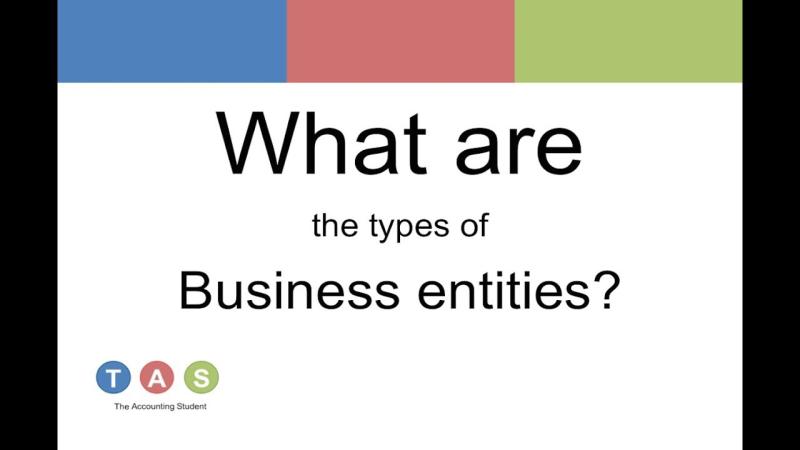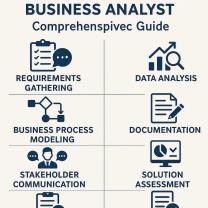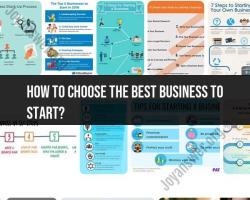What is the best business entity for small business?
The best business entity for a small business depends on various factors, including the nature of the business, the number of owners, liability considerations, tax implications, and the level of control desired. Here are some common business entities and their characteristics:
Sole Proprietorship:
- Advantages: Simple to set up, full control, minimal regulatory requirements.
- Considerations: Unlimited personal liability, limited ability to raise capital.
Partnership:
- Advantages: Shared control, relatively simple to establish.
- Considerations: General partnerships have unlimited liability; limited partnerships have limited liability for some partners but require a general partner with unlimited liability.
Limited Liability Company (LLC):
- Advantages: Limited liability for owners, flexible management structure, pass-through taxation.
- Considerations: More paperwork than sole proprietorship or partnership.
C Corporation:
- Advantages: Limited liability for owners (shareholders), ability to raise capital through the sale of stock.
- Considerations: Double taxation (profits taxed at the corporate level and dividends taxed at the individual level).
S Corporation:
- Advantages: Limited liability for owners, pass-through taxation, avoids double taxation.
- Considerations: Restrictions on ownership, limitations on the number and type of shareholders.
Nonprofit Corporation:
- Advantages: Eligible for tax-exempt status, ability to pursue a charitable mission.
- Considerations: Strict compliance with nonprofit regulations, limited ability to distribute profits to individuals.
Professional Corporation (PC) or Professional Limited Liability Company (PLLC):
- Advantages: Limited liability for professional services, compliance with state regulations for licensed professionals.
- Considerations: Restrictions on ownership, specific to certain professions.
Choosing the best business entity involves considering factors such as liability protection, taxation, management structure, and regulatory requirements. It's often advisable to consult with legal and financial professionals to determine the most suitable business structure for your specific situation.
Additionally, tax laws and regulations vary by jurisdiction, so it's essential to consider the implications at both the federal and state levels. The "best" entity depends on the unique characteristics and goals of the small business.
What factors determine the most suitable business entity for small-scale enterprises?
Choosing the most suitable business entity for a small-scale enterprise involves considering several factors, including:
Legal and Financial Implications:
- Personal Liability: Different legal structures offer varying degrees of personal liability protection. Sole proprietorships offer the least protection, while corporations and Limited Liability Companies (LLCs) provide owners with limited liability for business debts and obligations.
- Taxation: Business entity choices affect taxation in various ways. Sole proprietorships and partnerships may avoid double taxation, while corporations can be subject to it. Additionally, each structure may have different tax filing requirements and benefits.
- Compliance and Regulations: Different legal structures require different levels of compliance and regulations. Corporations generally have more formal requirements compared to sole proprietorships.
Business Operations and Management:
- Ownership and Control: Consider how ownership and control of the business will be structured. Sole proprietorships offer complete control and ownership, while partnerships involve shared ownership and decision-making. Corporations have a separate legal identity from their owners and can have complex ownership structures and management hierarchies.
- Capital Raising: The ability to raise capital depends on the chosen business structure. Corporations can easily access capital through issuing shares, while sole proprietorships and partnerships may have limited options.
- Flexibility and Scalability: The business structure should be flexible enough to accommodate future growth and changes in the business model. Some structures, like sole proprietorships, may become less suitable as the business grows.
Additional Factors:
- Industry and Business Type: Certain industries or business types may have standard legal structures or specific regulatory requirements that influence the choice.
- Cost and Complexity: Setting up and maintaining different business structures can involve varying costs and levels of complexity.
- Personal Preferences: Ultimately, the chosen business structure should align with the owner's personal preferences and business goals.
Here's a table summarizing the key points:
| Business Entity | Personal Liability | Taxation | Compliance | Ownership & Control | Capital Raising | Flexibility & Scalability | Cost & Complexity |
|---|---|---|---|---|---|---|---|
| Sole Proprietorship | Unlimited | Pass-through (personal) | Low | Single owner | Limited | Limited | Low |
| Partnership | General: Unlimited; Limited: Limited for limited partners | Pass-through (partners) | Low | Multiple owners | Limited | Limited | Low |
| LLC | Limited | Pass-through (members) or C-Corp taxation | Moderate | Single or multiple owners | Varies | Moderate | Moderate |
| Corporation | Limited | C-Corp: Double; S-Corp: Pass-through (shareholders) | High | Shareholders and board of directors | High | High | High |
It's crucial to consult with legal and tax professionals to analyze individual circumstances and determine the most suitable business entity for a specific small-scale enterprise. They can provide personalized advice and guidance based on the specific needs and goals of the business.













